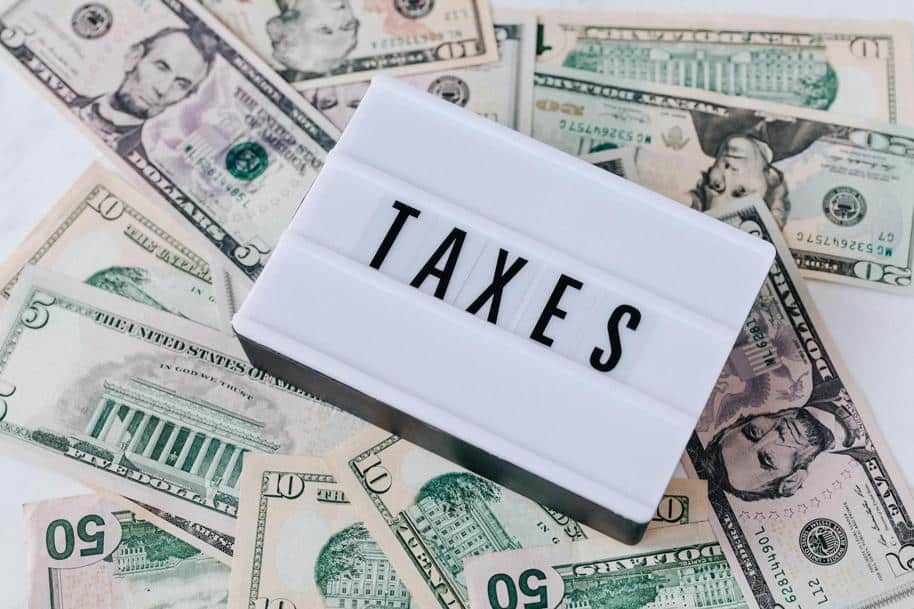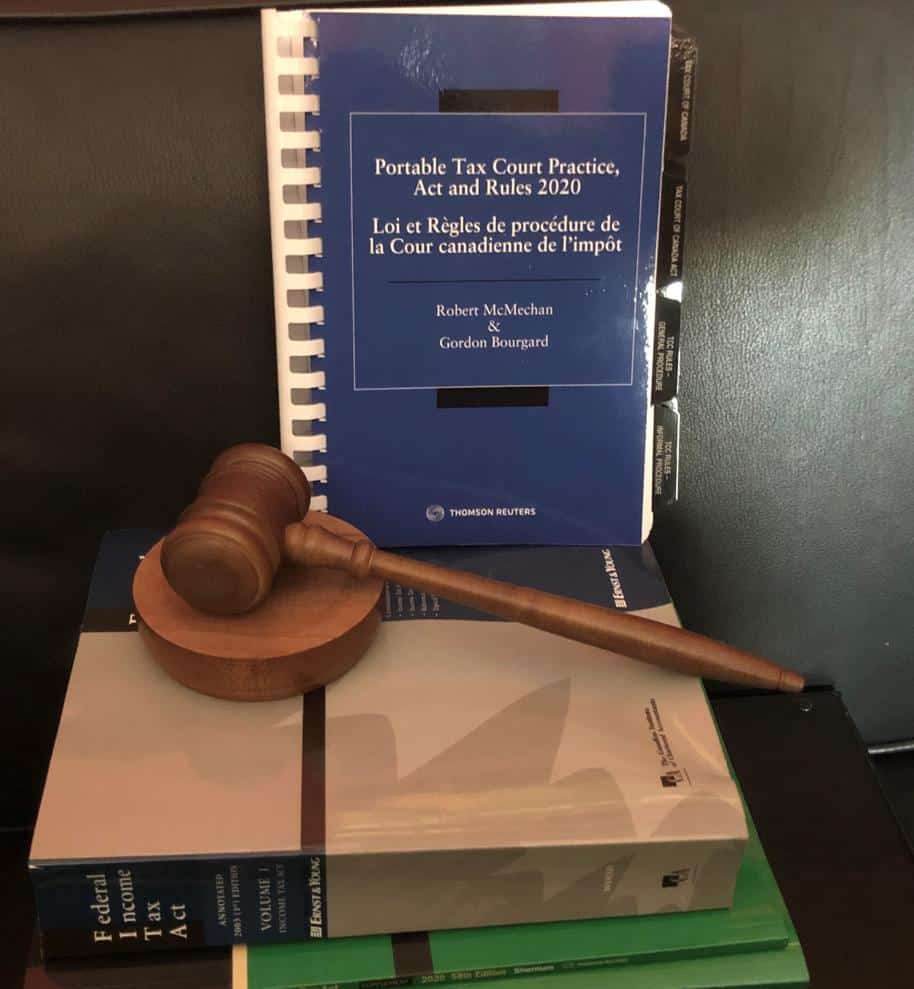Introduction: Derivative Tax Liability under Section 160 of Canada’s Income Tax Act Section 160 of Canada’s Income Tax Act is a tax collection tool. It prevents tax debtors from trying to hide assets from the Canada Revenue Agency’s tax collectors by transferring those assets to spouses, friends, relatives, related...
CRA assessed $2.7 billion in additional tax and penalties from 2015 – 2023, including $1.4 billion in unpaid taxes in Ontario and $1.3 billion in British Columbia real estate sector Ontario and British Columbia (B.C.) real estate are proving lucrative for the CRA. The agency identified $426 million in...
INTRODUCTION: LOSS CARRYOVER CLAIMS EXCEEDING $200,000, ARE MORE LIKELY TO GET AUDITED A routine loss carryover claim could trigger a tax audit. This is especially so, where the taxpayer is not aware of the relevant considerations of the CRA with respect to such claims. It is even more difficult...
Introduction – How CRA Assessments are Appealed to the Tax Court of Canada The Tax Court is a federal court that has the jurisdiction to deal with matters involving all taxpayers including corporations and trusts related to the Canada Revenue Agency (“CRA”). The Tax Court was created by the Tax...
Introduction To Non-Resident Withholding Tax When non-residents receive income from Canadian sources, such as dividends, interest, royalties, or rental income, the Canadian government imposes a withholding tax on this income. The payor (e.g., a corporation or individual in Canada) is responsible for deducting the tax from the payment and...
Introduction: Landlord’s Tax Obligations Canada has, over the years, gradually become a difficult business for landlords. In particular, Canada has grown much less welcoming towards short-term rental units. In fact, the government of Canada has specifically targeted landlords who operate short-term rentals and imposed a series of additional taxes...
Introduction – The Department of Finance Announces Revised Draft Legislation for Anticipated Capital Gains Changes On August 12, 2024, the Department of Finance released revised draft legislation for the implementation of various federal tax measures, including the implementation of the 2024 Federal Budget. The Department of Finance has segregated...
Introduction: The CRA Has an Array of Powers to Enforce Collection of Tax Debt Many taxpayers find themselves in situations where they are overburdened by tax debts on top of other existing obligations with seemingly no way to climb out of the ever increasing tax debt as interest accrues....
Introduction To The CRA SimpleFile Program The Canada Revenue Agency (“CRA”) has launched a new program which allows lower-income and vulnerable Canadians to gain access to valuable tax benefits and tax credits which arise from filing a tax return each year. In order to receive benefit payments such as...
Appropriate Tax Treatment for a Specific Income Tax Provision: Who Determines? The provisions of the Income Tax Act can pose significant challenges for those unfamiliar with legislative language. Moreover, the Tax Act does not provide practical guidelines on its application, complicating matters for taxpayers seeking to understand its relevance...










